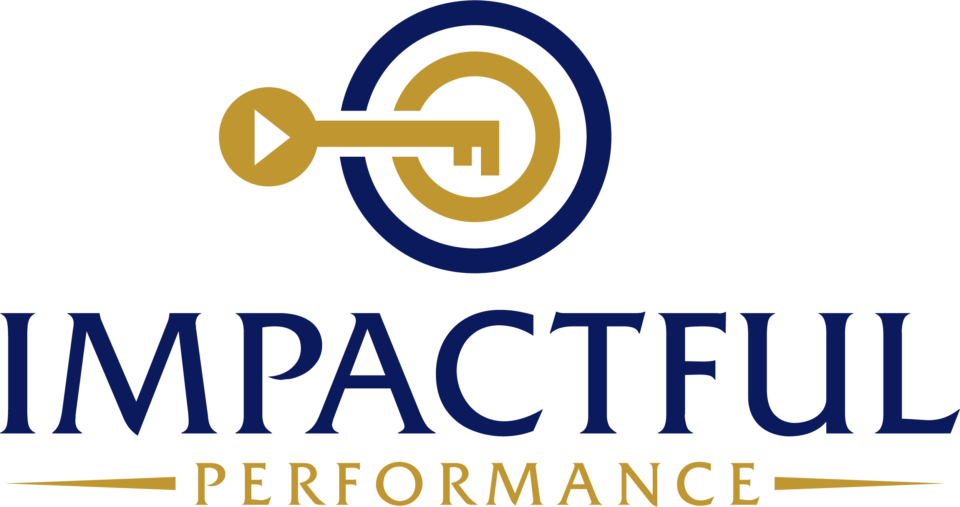Have you noticed that some leaders react emotionally to business changes and other challenges? They show up as frustrated, overwhelmed, insecure, anxious and ooze instability onto their team.
It’s a negative environment that no one wants to work in.
Whereas some leaders respond calmly and take an intentional, focused approach to dealing with those same changes and challenges.
What’s the difference between those two leaders?
It’s not that they know more, have a high IQ, had a better academic education, or have better genes.
It is About How They Manage Their Emotions. And That Has a Name – EQ or Emotional Quotient.
EQ (sometimes called EI as well) is most often defined as the ability to perceive, use, understand, manage, and handle emotions.
People with high emotional intelligence can recognize their own emotions and those of others, use emotional information to guide thinking and behavior, discern between different feelings and label them appropriately, and adjust emotions to adapt to environments
Why is EQ So Important for Seasoned Leaders?
Imagine having the ability, in any given situation to control your emotions and engage with focus and logic.
If you could do that then:
- You would reduce your own stress, anxiety and improve your overall mental and physical health
- Your team would get more done, which would impact how your stakeholders perceive you
- You would build a resilient, safe, and flexible culture, where your team calmly responds to all changes and challenges
Most importantly you would enjoy life more, which in turn, would mean better performance each day at work. It’s a positive loop that makes your work worth doing. You can feel good about your productivity, efficiency, and the impact on your team.
Look, you’ve been in the corporate world for a while. You’re not fresh out of college. You’ve got gravitas and experience. But that doesn’t mean you can rest on your laurels.
In fact, it’s more important than ever for you to gain EQ ground because today’s work force needs a leader that can show them how to handle the complexity of today’s business world. It will get you noticed and help you thrive at work (and in the rest of your life too.)
5 Key EQ Competencies
What are the traits that typically show up in a person with a high EQ?
- Self-Awareness
- Self-Control
- Adaptability
- Empathy
- Skilled coaching and mentoring skills
Sounds good, doesn’t it? You could have all these working for you.
The truth is, if you want to navigate and lead change in today’s complex business world, you need to start mastering these traits now. It’s not as hard as you might think but it does take a desire to learn.
Is it important to you to grow to the next level of leadership and advance your career? You bet it is.
EQ is the Exception
If you’re not yet skilled with these traits, you’re not alone. High EQ is rare in the average workplace.
I’ve had the privilege of working with many brilliant people in my 20-year career in change management. I was always amazed at the intellect of leaders I worked under.
I used to feel intimidated working with so many great minds.
Yet, I was always amazed at how poorly many of these same leaders handled daily challenges and they were incapable of leading their teams through important organizational changes. They had no idea how to lead human beings.
I’ve come to realize that those leaders often felt just as lost as their employees.
They are accustomed to having all the answers, being the smartest person in the room with advanced technical skills. But those things don’t help a person gain EQ.
You are highly intelligent too. And if you add EQ to that you’ll not only be an admired and influential leader, but you’ll also be happier. Yes, happier!
Better Control, Less Stress and More Productivity for Everyone
Major change initiatives bring out insecurities, politics, and dynamics. It requires leaders like you to have the tools to push through their own frustrations, resentments, and insecurities.
What does that look like in the workplace?
Instead of venting to your teams and impacted employees, while also expecting them to completely buy-in to change, you stay calm during the storm. You employ empathy but also exude confidence in your shared mission.
By addressing your team’s concerns and listening with empathy – while also showing that you are confident in your team member’s ability to shift and adjust, they will WANT to adjust.
You take a calm, measured and objective approach to dealing with issues, challenges and changes. You view these as opportunities to grow as a team. You are more strategic and intentional and are not constantly reacting with intense emotions that your team can see and feel.
In turn, your employees feel calm. You’ve modeled behavior that enhances engagement rather than creating stress and confusion that shuts down their creativity.
In this way, you gently pull your employees forward, instead of pushing. That alone is a different ballgame.
You Are but a Few Mind-Shifts Away from a More Enlightened Leader Approach.
It’s that higher level of leadership skill and performance that you’ve been longing for.
Many companies around the world have focused their leadership development on EQ for years now, as studies have shown how much developing your leaders EQ can improve performance, build better teams, and create more positive work environments.
It’s vitally important for you to take your own initiative in building your EQ. Most leaders won’t think twice about building their technical skills and today’s changing business environment dictates that it’s just as important to build their EQ skills.
Take the time to search out EQ education-training programs on your own. Give yourself that competitive advantage while also increasing your self-care. It will benefit you and your employees.



